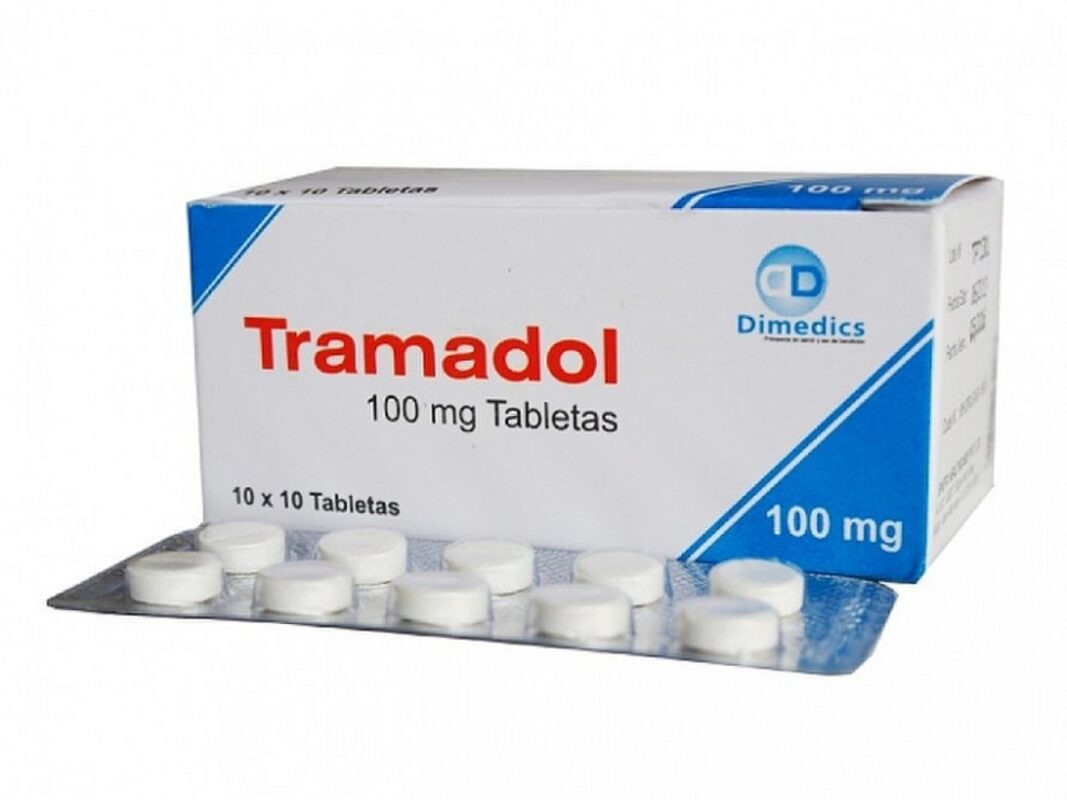Uncategorized
Understanding Tramadol ER 100mg: Uses, Dosage, and Side Effects
Introduction
Tramadol ER 100mg, Tramadol ER 100mg is an extended-release medication used to manage moderate to moderately severe chronic pain. It works by altering the brain’s perception of pain, providing long-lasting relief for individuals dealing with persistent pain conditions. As an opioid analgesic, it is essential to use Tramadol ER 100mg responsibly, under the guidance of a healthcare professional.
What is Tramadol ER 100mg?
Tramadol ER (extended-release) is a prescription pain reliever designed to release its active ingredient, tramadol, gradually over time. This formulation helps maintain a steady level of the medication in the bloodstream, offering continuous pain relief for up to 24 hours. Tramadol ER 100mg is typically prescribed for patients who need long-term, around-the-clock pain management.
How Does Tramadol ER Work?
Tramadol is classified as an opioid-like pain reliever, working by affecting the central nervous system. It binds to opioid receptors in the brain, reducing the sensation of pain. Additionally, tramadol increases levels of serotonin and norepinephrine, two neurotransmitters that contribute to pain regulation.
Common Uses of Tramadol ER 100mg
- Chronic pain: Conditions such as arthritis, back pain, and nerve pain often require consistent pain management. Tramadol ER provides long-lasting relief, allowing patients to go about their daily activities with reduced discomfort.
- Post-surgical pain: After certain surgeries, some individuals experience prolonged pain that requires ongoing treatment. Tramadol ER is used to help manage this post-operative pain.
Dosage and Administration
Tramadol ER 100mg should be taken as directed by a healthcare provider. The typical starting dose is 100mg once daily, with adjustments made based on individual pain levels and tolerance. It’s crucial to follow the prescribed dosage and not to crush, chew, or break the extended-release tablets, as doing so can lead to a rapid release of the drug, increasing the risk of serious side effects.
Important Considerations
- Avoid alcohol: Combining alcohol with Tramadol ER can enhance the drug’s sedative effects and increase the risk of dangerous side effects, such as respiratory depression.
- Interactions: Tramadol can interact with other medications, including antidepressants, sedatives, and other opioids. Always inform your doctor of any other drugs you are taking.
- Dependency and misuse: While Tramadol is less potent than other opioids, it still carries the risk of dependency and misuse. It should be used with caution, especially in individuals with a history of substance abuse.
Common Side Effects
Like all medications, Tramadol ER 100mg can cause side effects. Some of the most common include:
- Nausea
- Dizziness
- Constipation
- Drowsiness
- Headache
In most cases, these side effects are mild and resolve on their own. However, if side effects persist or worsen, it’s important to consult with a healthcare provider.
Serious Side Effects
While rare, serious side effects can occur, including:
- Difficulty breathing
- Seizures
- Severe allergic reactions (hives, itching, swelling)
- Serotonin syndrome (symptoms include confusion, rapid heart rate, fever, and muscle rigidity)
If you experience any of these symptoms, seek medical attention immediately.
Who Should Avoid Tramadol ER 100mg?
Tramadol ER is not suitable for everyone. Those with the following conditions should avoid it or use it under strict medical supervision:
- Severe respiratory issues (e.g., asthma)
- History of seizures
- Liver or kidney disease
- Pregnant or breastfeeding women, as tramadol can affect the baby
Conclusion
Tramadol ER 100mg is an effective medication for managing chronic pain, providing long-lasting relief through its extended-release formula. However, it is essential to use this medication responsibly, adhere to the prescribed dosage, and be aware of potential side effects. Always consult with your healthcare provider to ensure Tramadol ER is the right option for your pain management needs.
Disclaimer: This article is for informational purposes only and does not constitute medical advice. Always seek guidance from a healthcare professional regarding medications.

